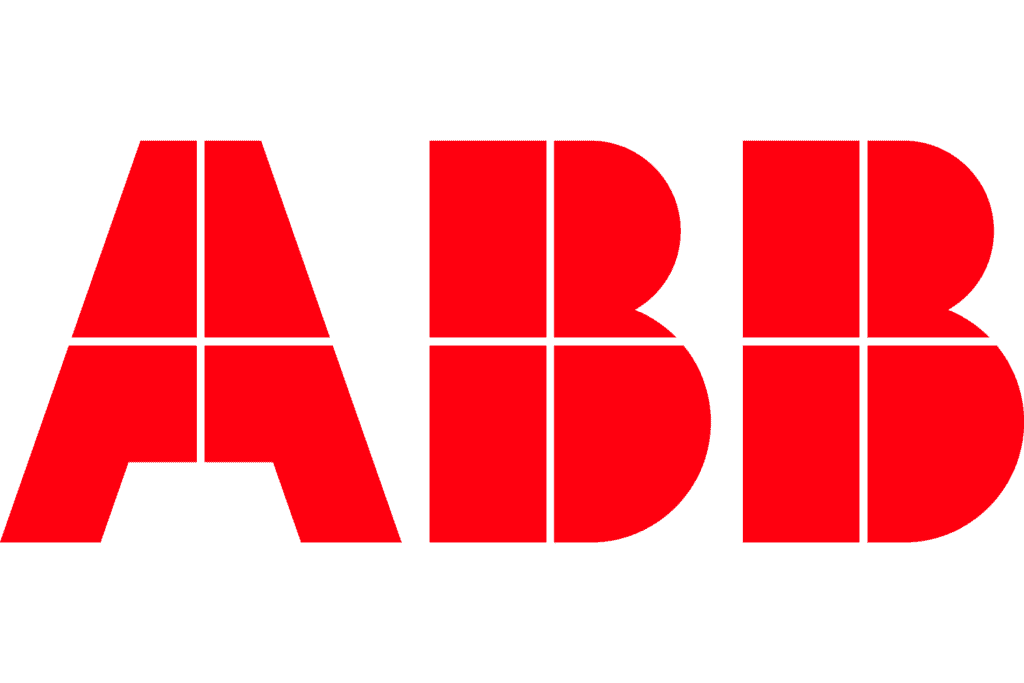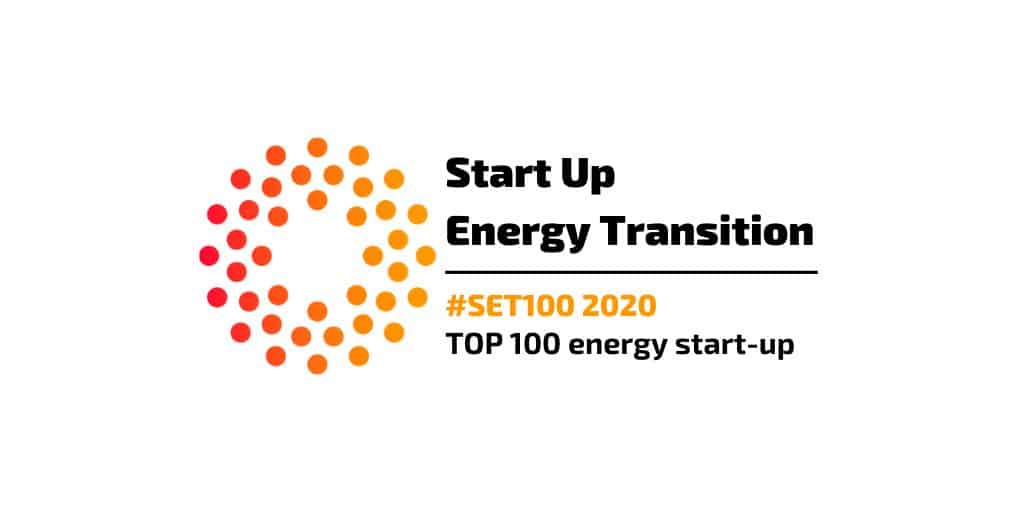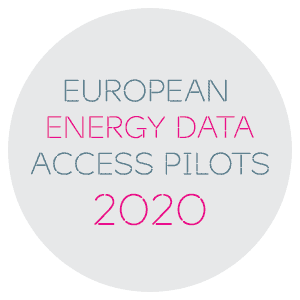In recent weeks we’ve seen the unveiling of ‘Fit for 55’, Europe’s new climate agenda which aims to cut greenhouse gas emissions across the 27 nations by 55% below 1990 levels. The reforms package seeks to bring about a continental green transformation through 12 legislative proposals covering everything from tighter emissions caps and carbon border taxes to stricter targets on the uptake of renewable energy (an increase from 32% of the EU energy mix to 40%). It is the largest and most ambitious raft of EU climate legislation to date. According to the EU Commission, these ‘Fit for 55’ measures will ‘put Europe at the forefront of new technologies like electric car batteries, offshore wind generation or aircraft engines that run on hydrogen.’
Despite the EU backing many of these new climate policies with revenue from the newly enhanced Modernisation and Innovation Funds among others, many of the heavier polluting industries – so reliant on fossil fuels – believe that the costs required to bring them in line with the reforms, alongside the hefty penalties for failing to do so, will be ruinously expensive. However, the bottom line is that previous measures and incentives, such as renewable energy subsidies, have not managed to push the market towards the green transition at the speed necessary to hit the 2050 targets. More is now needed, and in the EU’s ‘Fit for 55’ package, we see the potential for legislation, infrastructure investment and digitalisation to efficiently work hand-in-hand for perhaps the first time.
Yes, on first glance there is plenty of emphasis within the framework on penalties and taxation and it’s this that has unsurprisingly made the headlines. But this ‘stick rather than carrot’ approach is not enough by itself, and if ‘Fit for 55’ focused solely on this strategy, there’s no doubt that the biggest financial impact would be felt by the end-user as businesses inevitably sought to offset any increased expenditure they incur.
But that’s simply not the case and here’s the reason why the package is an exciting prospect – it recognises that digital transformation is undoubtedly the key to the green transformation that the world so desperately needs in this ‘Make or Break’ decade, and fully supports innovation as a mechanism for cost-effective long-term change.
Take the review of the Renewable Energy Directive, one of the proposals within the framework, which increases targets for RES share and facilitates greater system integration for green electricity. The EU understands that boosting RES generation to the required 40% is just not possible with today’s creaking grid infrastructure, with the Commission stating previously that “research and innovation are critical for delivering the solutions and system transformations.” Upgrading the grid architecture currently in place is vital to accommodate the increased demand and complexities brought about by greater RES production. Optimisation through digital transformation is without doubt a more cost-efficient option than simply physically expanding distribution grid capacity, which has the potential to triple household bills. Deploying a combination of digital infrastructure, such as smart meters, and digital tools, such as AI-enabled software, as layers on the existing physical grid infrastructure is the best route to modernisation. One example of such digital innovation within this smart grid context is a data gateway which integrates, standardises and analyses multiple data streams from a broad range of IoT devices, such as smart meters or similar sensors. This clean, standardised data, most efficient in API format, then feeds innovative AI-based software and facilitates functions such as predictive maintenance and load forecasting among others. Ultimately, it drives operational efficiencies and enables higher RES integration. It is a win-win for network operator and end-user alike.
Such data-led connectivity demonstrates just what can be achieved with an open and connected energy ecosystem. It cuts a clear path through the complexities of the energy industry and has the potential to tick off the ‘Fit for 55’ target around RES generation. And it is an extremely important target because we know that boosting clean energy generation within the power sector unlocks electrification across multiple industries.
E-mobility is just one these and here ‘Fit for 55’ lays out an ambitious goal of phasing out sales of all petrol and diesel cars across the bloc by 2035, essentially requiring all new cars to be entirely emission-free. Given the current limits in alternative fuel technology, this most likely leaves us with electric vehicles (EVs). But to boost the electrification of the mobility sector, we need to do two key things: firstly, ensure that adequate recharging infrastructure is installed in line with the increase in EV sales. As part of the new climate legislation, EU transport commissioner Adina Valean stated that the target was to have charging capacity equivalent to approximately 3.5million points by 2030 (16.3million by 2050) and charging stations at least every 60km along motorways.
Secondly, and perhaps even more important, we need to ensure that this recharging infrastructure is fully integrated within the broader energy system and doesn’t stand alone as an isolated sector. It is an interesting challenge – how to integrate millions more electric vehicles into an already volatile grid, managing the resulting demand on electricity as well as improving affordability for end-users. Again, the EU recognises that data-led innovation has the potential to offer the solution.
Under the review of the Directive on deployment of the alternative fuels infrastructure (AFID), another of the twelve proposals within the ‘Fit for 55’ framework, the EU proposes recharging infrastructure should be digitally connected for smart charging capability and that infrastructure operators should share static and dynamic data for greater interoperability. This increased access to data is crucial. A cost and resource-efficient means of doing so is through an API platform, which integrates data APIs from vehicle manufacturers and charge pole operators (CPOs) with those from energy industry players, such as wholesale electricity pricing. This opens up direct pathways between CPOs and utilities, accelerating the growth of smart charging solutions and adding value to all parties. For the consumer, this can lead to lower electricity bills through incentivisation to charge at off-peak times. Grid operators can obtain an accurate view of charging patterns with a local network and forecast load appropriately. CPOs can lower energy costs by accessing fully transparent dynamic rates and local pricing information in one place. It creates a digital ecosystem for multiple mobility service providers, overcoming many of the previous barriers we have seen to EV uptake. Taking this technology one step further, there is even future potential to directly connect the utility and the vehicle OEM which would achieve the same smart grid integration with even fewer hardware/software interactions.
It is early days for the ‘Fit for 55’ package as it now enters months, and potentially years, of hard-fought negotiation between member states. But its message is clear and should be amplified: ‘it is now time to genuinely embrace the transformation that lies ahead’.












